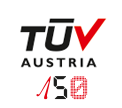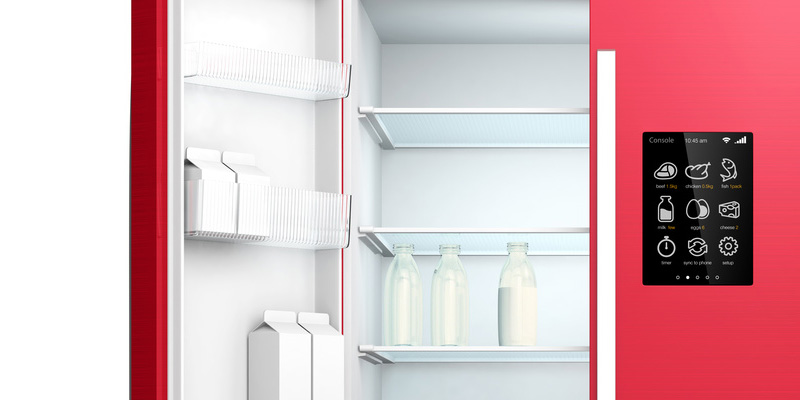Internet of Things and Digital transformation: new opportunities, new risks
- 11/10/2016
- Business Assurance Digital Services Industry & Energy Infrastructure & Transportation
- Created by Christina Münchhausen
"In 2015, DDoS (Distributed Denial of Service) attacks, which have the aim of crippling businesses, were identified with a duration of up to 300 hours", explains Henze, which in the view of Security-Trends 2016 obliges companies to regularly check the security of their IT systems and related processes.
one of TÜV TRUST IT solutions. Systems communicate over the internet while using large amounts of data and information, and they mutually optimize one another. "The IEC 62443 series of standards on IT security for industrial control systems must be effectively implemented to achieve an appropriate level of security", stresses Henze.
Future vehicles also communicate: driving lanes, traffic signs and road users already report on routes, jams, distances and locations with a high degree of reliability. This creates a huge volume of data and information. This is based on telematics, the security aspects of which are currently tested by TÜV AUSTRIA. New test methods, such as "continuous testing", must be developed and established in this area too. Additionally, not everyone is allowed access to the information in order to prevent misuse. "Secure data and information trustee platforms are required, which ensure a neutral and secure exchange of relevant information", explains Detlev Henze.
The TÜV TRUST IT CEO has already noticed a high degree of sensitivity in top management: "The growing digitalization has led to the development of more commitment to risk prevention." At the same time, Detlev Henze misses structures via which a company can immediately participate in the information generated regarding security incidents: "Effective measures for risk reduction are created by intensive exchange of information".
"The benefits of making use of the digital transformation mean consciously and jointly meeting the risks by implementing up-to-date security concepts – so that the fridge reliably sends an email before the milk turns sour", Henze sums up.
Digital transformation: new opportunities, new risks - an analysis by TÜV AUSTRIA, (C) Fotolia, chesky

